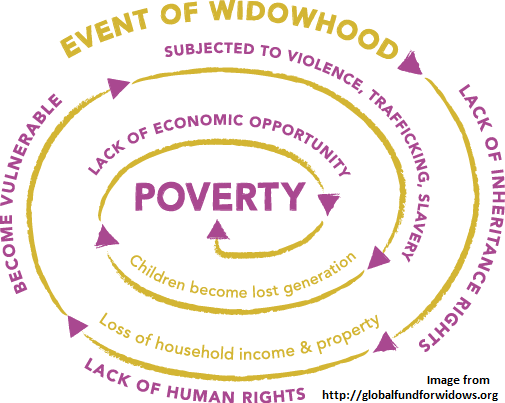Respect for the Women in White

Krupa Savajiyani is a second year BLS student and she likes to express her ideas and give her thoughts a new direction.
Respect for the Women in White
On Tuesday morning I was watching TV and the news flashed on the screen; “LOOK AT THIS WOMAN!” Her condition was truly despicable. She had been tortured by her in-laws for not earning an adequate sum of money to support her family. She had also been forced to manage household chores along with her work and had been forced to follow the commands given by her husband and in-laws. This reminded me of the typical Indian daily soaps where women are portrayed as the bhartiya pativrata naari ie. she was to be completely faithful and devoted to her husband, obey his commands and follow the rules set by him.
Though we talk of progress and development there is still a high ratio of people who believe and follow patriarchal ways and traditions of society where at a certain age a woman has to get married and look after her family, make sacrifices in name of an ideal wife, mother, daughter-in-law and had to live life maintaining an image which is acceptable to society. Even a girl isn’t married by 26 society makes it their business to question her and get her married.
Her journey of being subjected to societal aspirations doesn’t end here as she then has to fulfil familial expectations. She may have to make even more sacrifices; be subject to and tolerate the beliefs carried on by generations of that family and had to handle all the matters of the family. Earlier a woman’s identity was her husband and the family she belonged to. If her husband died, she was cursed and kept in a dark room for a few days, not allowed to meet anybody, was considered as bad luck and subjected to numerous restrictions. She was expected to manifest inconsolable grief for the rest of her life and was blamed for the death of her husband. For many years, Sati was also practised where the wife was burnt on the funeral pyre along with the body of her dead husband showcasing the ultimate form of womanly devotion and sacrifice since it was considered that she had no right to life after her husband died.
Widowhood represented a social death of women because society discriminated against her, victimised her, prohibited her from remarrying her and placed numerous restrictions on her. She wasn’t allowed to attend celebrations and was forced lead a miserable life until she died. She was expected to live a life of renunciation once her husband died and the burden for her predicament was due to her bad karma and never her husband’s. The same was never the case for men as he was allowed to get re-married without a question even after becoming a widower and never was subjected to the same restrictions and life that a widow had to face. Thus, this was the sort of respect a widow received in society.
A widow was considered as a burden so she was burnt in the name of the custom of Sati and was not given an independent status. As society develops, these ideas and mindsets need to change. Earlier, after the death of her husband the widow was not allowed to wear colourful clothes or jewellery. When a widow sought help from her sons she was beaten up and she was considered untouchable. The heads of widows were shaved so that they were found less attractive and this was done to keep a strict tab on their sexuality so they couldn’t remarry again and also the question of division of family property would arise if they were allowed to get re-married.
The custom of Sati is now illegal and prohibited but still practised in some areas. Many educational programmes have been developed in order to educate people and spread awareness about women’s rights encourage their empowerment. History is replete with examples of brave, strong, courageous and independent women like Rani Laxmi Bai and Sarojini Naidu who have fought like warriors and never depended on men to support them. So, all widows should be given an independent status in society, be allowed to re–marry, have the freedom to select the partner of her choice, have equal rights to inheritance and fully avail of her human rights and should be given her rightful position in society.


